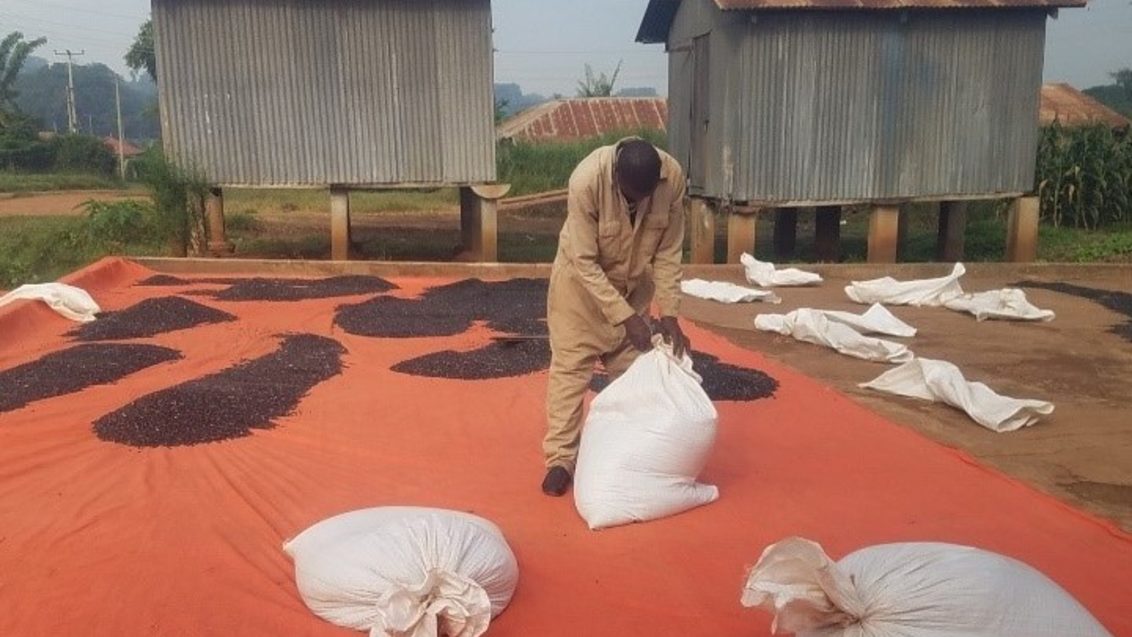Six new beans put farmers on track for better harvests

Ugandan farmers have enthusiastically adopted six new bean varieties. These scores high for yield, drought-tolerance, and resistance to pests and diseases. Thanks to the PASTTA* program, bean production looks set to rise significantly.
In Uganda, drought often severely hampers bean-farming. Climate change is now increasing the problem, as rainfall during the cropping seasons becomes more erratic and less abundant. Another reason for poor productivity is that smallholders can often only get low-yielding varieties. Experts predict that many of the common beans available will only poorly adapt to the higher temperatures that coincide with greater drought.
Our PASTTA team set out to identify varieties that could deal better with drought and disease. Partners at Uganda’s National Research Organization (NARO) released six drought-tolerant, disease-resistant varieties (NAROBEAN 1,2,3,6 & 7 and NABE 19). Two local companies are now promoting these beans. NARO Holdings and Otis Garden Seeds have already produced about 25 tons of seeds for the current season. “Commercialization of improved varieties is essential to give smallholders better access”, underlines our PASTTA Deputy Chief of Party, Stacy Mwangala. “The goal is to increase production and incomes.”
Local companies serve well-trained smallholders
1875 farmers participated in 18 field days of the new varieties. These were accompanied by three Field Days in northern and southern Uganda. “Our team has now trained 624 smallholders on good agricultural practices (GAP) for bean production”, Stacy reports. “Continuing technical support also forms part of the package.” The GAP training included guidance on important topics such as storage and marketing.
“Moving on from here, we want to promote the new varieties throughout Uganda’s bean-growing regions”, emphasizes Tony Gathungu, Head of Seeds2B Africa. “To make these beans available to more smallholders, we aim to widen the distribution network by involving more seed companies.” PASTTA will facilitate the production of more than 30 tons of early generation seed for the companies.
“If I had had these new beans when I was ten years younger, now I would be driving a good car like those people in the city!” exclaims Faith Nekesa while winnowing her 1.5 tons of NAROBEAN 6 and 7 harvest. This year’s crop is the biggest she has ever grown on her 0.9-hectare plot.
See what PASTTA is doing in Kenya, Senegal and Mali (Sénégal et Mali aussi en français)
*PASTTA is the Partnership for Seed Technology Transfer in Africa between USAID and the Syngenta Foundation for Sustainable Agriculture. It primarily focuses on transferring seed-related technologies to smallholders, in order to increase their harvests and income.
